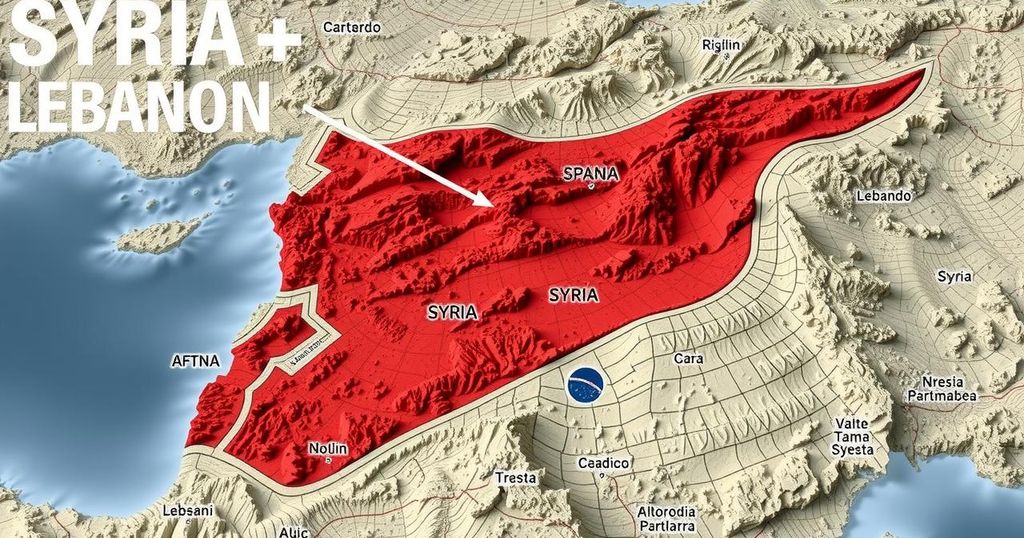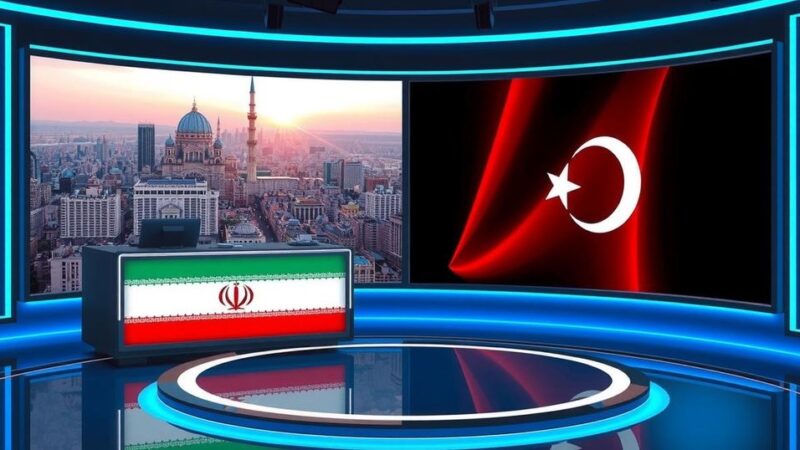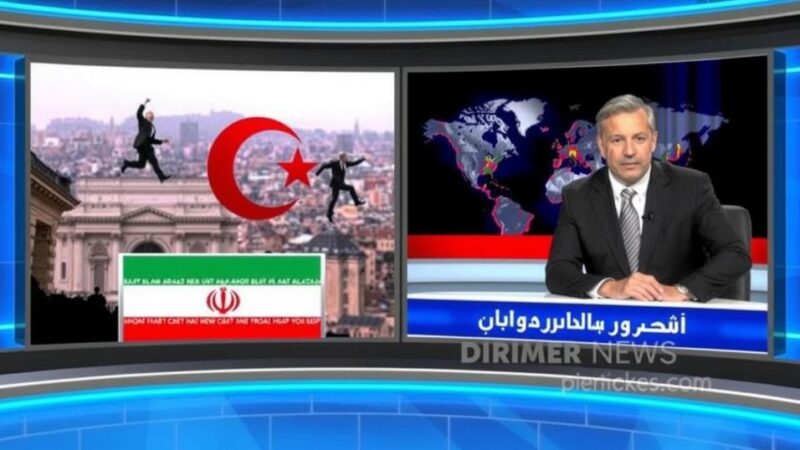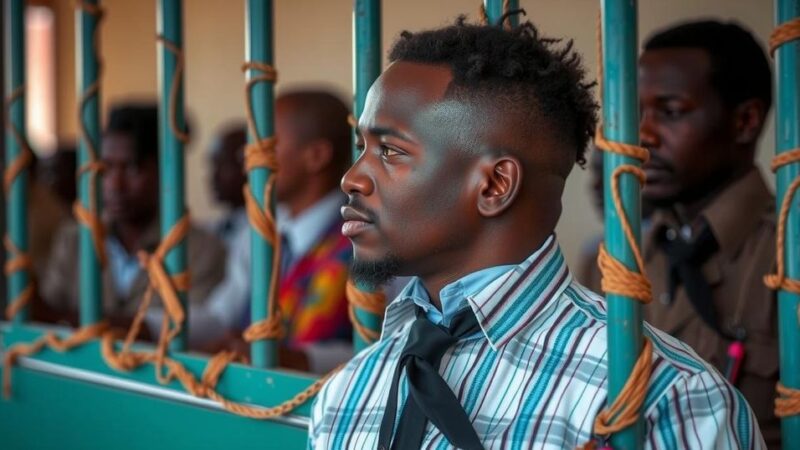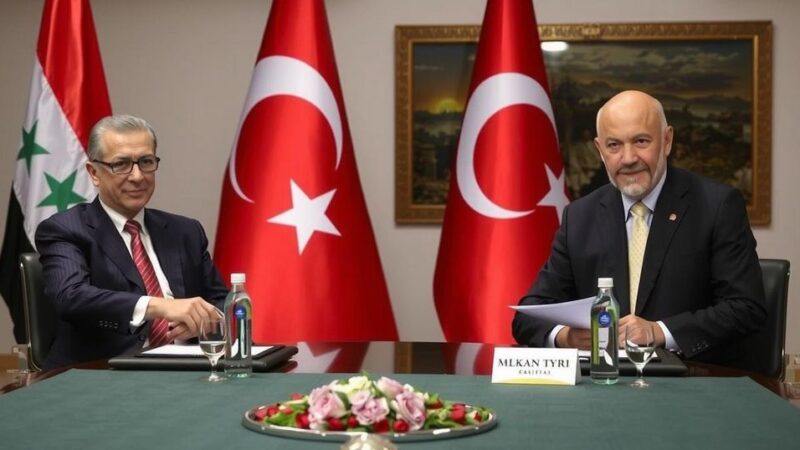Following the collapse of Assad’s regime in Syria, Lebanese Sunni factions have rallied for prisoner amnesty, seeking to assert their dominance in response to Hizbullah’s weakened status. Tensions escalate between the Shiite-led parliament and Sunni demands, as political divisions ripple through Christian factions. Amidst this turmoil, potential Syrian influence remains a key concern for Lebanon’s stability.
The political landscape in Lebanon has undergone significant tension following the collapse of Assad’s regime in Syria. Initially met with celebrations in Sunni areas of Lebanon, such as Tripoli and Sidon, the Sunni Islamist factions soon redirected their focus toward obtaining the release of Sunni prisoners from state prisons. Notably, Sheikh Ahmad Shemali led a protest demanding amnesty for Islamist detainees, claiming this was merely the beginning of a sustained movement. Meanwhile, the Sunni community has risen to reclaim its influence, prompted by the successes of Tahrir al-Sham, particularly against Hizbullah, which is perceived as weakened from recent conflicts with Israel.
Amidst these developments, the prospects of potential amnesty for Sunni prisoners appear to be obstructed by the Shiite-controlled Lebanese parliament, led by Speaker Nabih Berri, an ally of Hizbullah. Such a legislative move would signal an alarming shift toward Sunni hegemony, potentially reviving Syria’s historical influence in Lebanon through the Sunni community. The ongoing turmoil has left Hizbullah grappling to maintain its role amid accusations of diminished support following losses inflicted by Israel. The recent meeting between Lebanese Armed Forces Commander Joseph Aoun and Hizbullah’s Wafiq Safa underscored this struggle, as discussions revolved around implementing ceasefire terms that include disarming Hizbullah’s militias.
The contrasting dynamics among the Christian community complicate the political milieu, as factions attempt to unify behind a presidential candidate amidst allegations of collaboration with Hizbullah. The Free Patriotic Movement, led by Jibran Bassil, remains mired in controversy, while other leaders such as Samir Geagea contend for greater influence. Nevertheless, unity among Christians is fragmented, casting uncertainty on their ability to present a strong candidate for the presidency.
The awakening Sunni community in Lebanon poses a potential risk of instability, exacerbated by the recent establishment of a Sunni regime in Syria. Worries of contagion are prevalent, particularly given the memories of ISIS’s incursion into Arsal in 2013. Syrian dynamics, particularly the new regime’s stance toward Lebanese affairs, hold critical implications for the future. Ahmad al Sharaa, leader of the anti-Assad coalition, expressed support for Joseph Aoun but assured that Syrian involvement in Lebanon would not escalate. This suggests that, at least for the moment, the Syrian regime is focused on internal consolidation rather than external machinations that might destabilize Lebanon.
The geopolitical situation in Lebanon is intricately linked to the developments in Syria, particularly following the ousting of Bashar al-Assad. The Sunni community in Lebanon has historically been politically active yet has faced challenges amid the dominance of Shiite factions such as Hizbullah. This shift in regional dynamics has not only invigorated Sunni Islamist groups but has also raised concerns about the potential resurgence of Sunni influence in Lebanon, reminiscent of times when Syria exercised significant control over Lebanese affairs. The fragility of the Shiite political entity, alongside ongoing negotiations regarding amnesty for Islamist detainees, further emphasizes the precariousness of the current political landscape. The intersection of these factors has profound implications for the future stability and governance of Lebanon.
The political environment in Lebanon remains fraught with tension following the collapse of the Assad regime in Syria, leading to heightened Sunni activism and demands for political reform. Hizbullah’s weakened position, coupled with internal divisions within the Christian community, complicates the potential for a unified response to evolving circumstances. The unfolding dynamics with the Syrian regime will continue to influence Lebanon’s political trajectory, as local actors navigate an increasingly precarious landscape, balancing national interests against historical influences. The coming months will be crucial in determining whether Lebanon stabilizes or succumbs to further upheaval fueled by regional developments.
Original Source: jcpa.org
